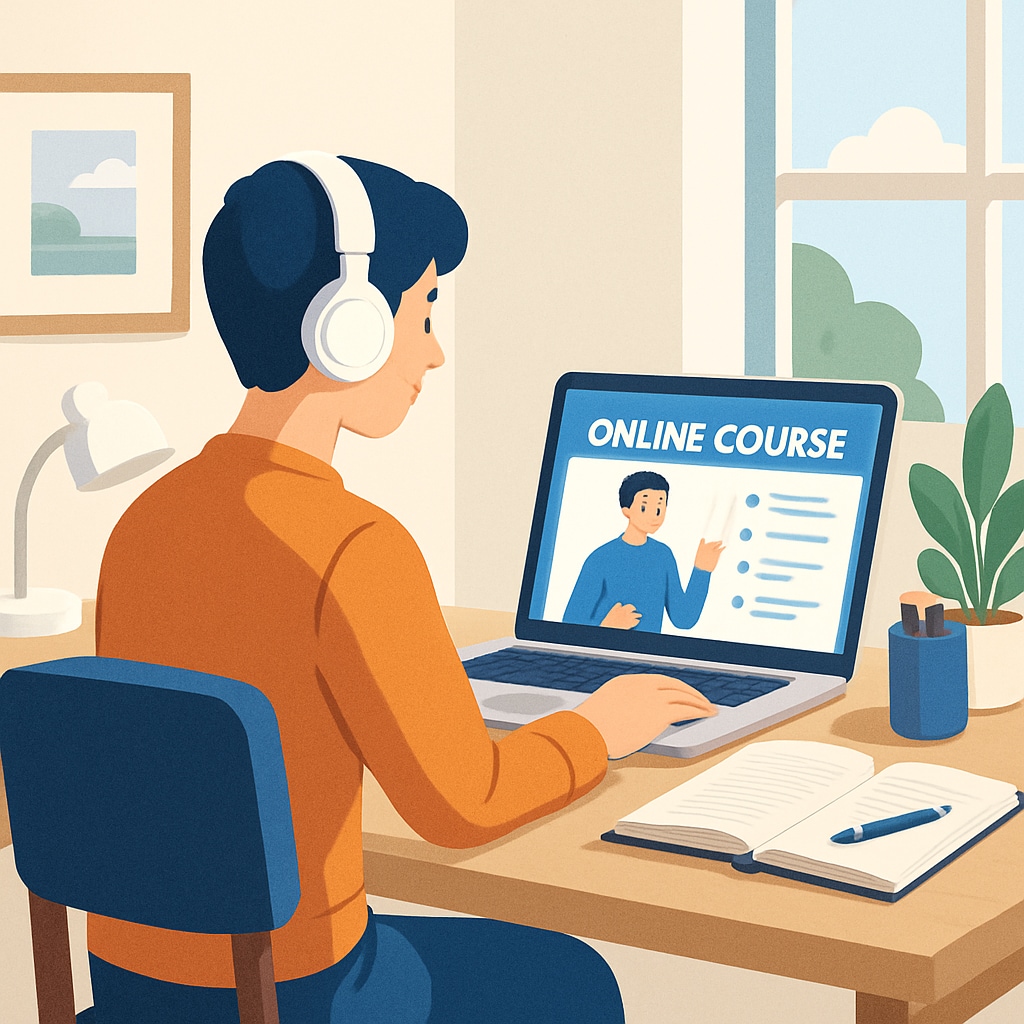At 18, deciding whether to pursue school education or embark on a self-learning journey can feel overwhelming. For those grappling with age concerns and doubts about their self-learning abilities, this choice is more than just an academic one—it’s a life-defining moment. In this article, we’ll explore the opportunities and challenges of both formal education and self-guided learning, alongside practical advice to help you navigate this critical decision.
Understanding Formal School Education: Pros and Cons
Formal school education offers a structured approach to learning, with clear milestones, access to expert instructors, and opportunities for networking. However, for an 18-year-old who may feel self-conscious about entering a classroom with younger peers, age-related concerns can pose significant barriers. Additionally, the time and financial investment required for traditional schooling are factors to consider.
- Advantages: Accreditation, a well-rounded curriculum, and peer interaction can provide a more secure foundation for future career opportunities.
- Disadvantages: Fixed schedules, costs, and potential age-related insecurities may deter some adult learners.
For those seeking a supportive environment, community colleges or adult learning centers may offer a more age-diverse classroom dynamic, making the transition smoother.

The Appeal and Challenges of Self-Learning
Self-learning, on the other hand, grants unparalleled flexibility and the ability to tailor your education to your interests. With resources like online courses, eBooks, and instructional videos, becoming a self-taught expert in your field has never been easier. However, self-discipline and a strong sense of direction are essential for success in this path.
- Advantages: Cost-effectiveness, personalized learning pace, and freedom to explore niche topics.
- Disadvantages: Lack of accreditation, limited networking opportunities, and the potential for procrastination can hinder progress.
For those considering self-learning, platforms like Coursera or Khan Academy provide high-quality resources to kickstart your educational journey.

Making the Right Choice: A Personalized Approach
Ultimately, the decision between school education and self-learning depends on your goals, resources, and learning style. To make the best choice, consider the following steps:
- Define Your Goals: Are you pursuing a specific career that requires formal qualifications, or are you exploring a personal passion?
- Evaluate Your Resources: Assess your financial situation, available time, and access to learning materials.
- Experiment: Try enrolling in a short online course or attending a local workshop to gauge your preferences.
Remember, education is not a one-size-fits-all solution. Whether you choose formal schooling, self-study, or a hybrid approach, what matters most is your commitment to lifelong learning.
Conclusion: The choice between school education and self-learning is deeply personal, especially for 18-year-olds facing age concerns and questions about their self-learning abilities. By carefully evaluating your goals, resources, and learning style, you can make an informed decision that aligns with your future aspirations.
As the saying goes, “Education is the passport to the future.” Whether your path lies in the classroom or the self-taught realm, the journey starts with courage and clarity.


